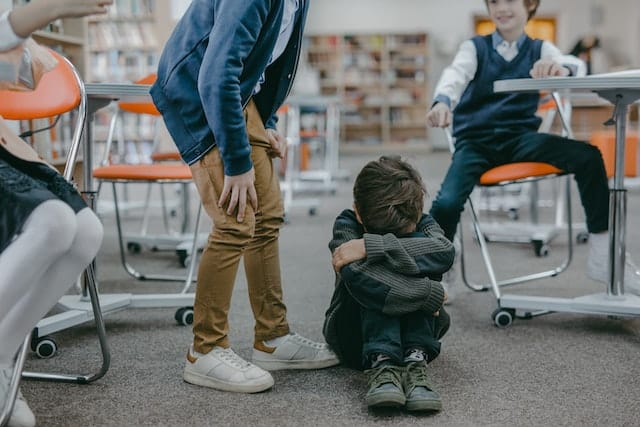In an era where technology dominates our lives, the challenge of cyberbullying has become a distressing reality for many young people. The Internet, while teeming with opportunities for education and socialization, also provides a platform for bullies to thrive. In response, parents have turned to technological solutions such as parental controls to counter this threat. But how effective are these tools in preventing cyberbullying? Let’s take a deeper look.
Understanding Cyberbullying
Before assessing the effectiveness of parental controls or even checking out the top free parental control apps out there, it is crucial to understand what constitutes cyberbullying. Cyberbullying refers to the use of digital communication tools to harass, intimidate, or hurt another individual repeatedly. This could range from sending threatening messages and spreading rumors to sharing embarrassing photos or engaging in social exclusion. The impacts can be profound, leading to severe emotional distress and psychological harm.

Parental Controls: A Digital Shield?
Parental control tools offer a range of features that can potentially help in combating cyberbullying. They can block or limit access to certain websites or apps, restrict communication with specific individuals, monitor online activity, and even flag potentially harmful content or interactions. In theory, these tools provide a digital shield, creating a safer online environment for children.
The Strengths of Parental Controls
There’s no denying that parental controls can be effective in preventing certain forms of cyberbullying. For example, by restricting a child’s communication to known friends and family, parents can reduce the risk of interactions with potential bullies. Similarly, by monitoring online activity, parents can identify any early signs of bullying and intervene promptly.
The Limitations
However, parental controls also have their limitations. First, they might not be able to detect subtler forms of bullying, such as social exclusion or indirect insults, as these may not trigger the predefined content filters. Second, parental controls can’t protect children when they are using devices or networks without these safeguards in place, such as at a friend’s house or on a school computer. Moreover, tech-savvy children may find ways to bypass these controls, rendering them ineffective.
Impact on Trust and Autonomy
An important factor to consider is the potential impact on trust and autonomy when using parental controls. Over-reliance on these tools can lead to resentment, as children may feel that their privacy is being invaded or that they are not trusted. Balancing the need for safety with a child’s growing need for independence is a delicate task.
Parental Controls are Just One Piece of the Puzzle
While parental controls can play a role in preventing cyberbullying, they should be seen as one part of a multi-pronged approach. Open communication is a vital tool in the fight against cyberbullying. Talking regularly with your child about their online experiences, educating them about cyberbullying, and encouraging them to speak up if they or someone they know is being bullied, can be far more impactful.
The Necessity for a Holistic Approach
Parental controls certainly have their place in the fight against cyberbullying. They can restrict exposure to potential bullying, monitor interactions, and enable parents to step in when necessary. However, they are not a panacea and have limitations. Their effectiveness largely depends on their application within a broader approach that includes open dialogue, education, and the fostering of a supportive environment where children feel comfortable discussing their online experiences.
Therefore, while parental controls can be effective to an extent, it’s the combination of these tools with ongoing communication and education that will make the most significant impact in preventing cyberbullying. In essence, it’s not just about controlling access but also about equipping children with the knowledge and resilience to navigate the online world safely and responsibly.













Leave a Reply